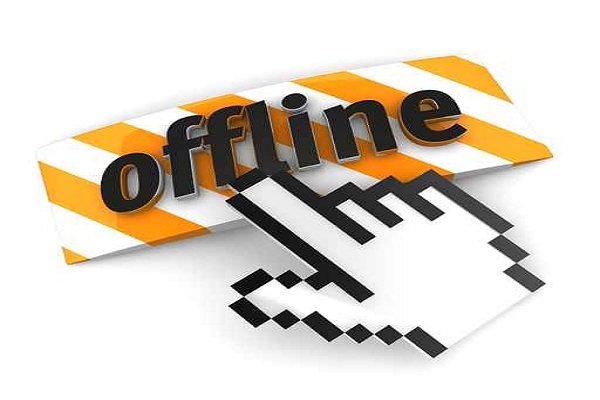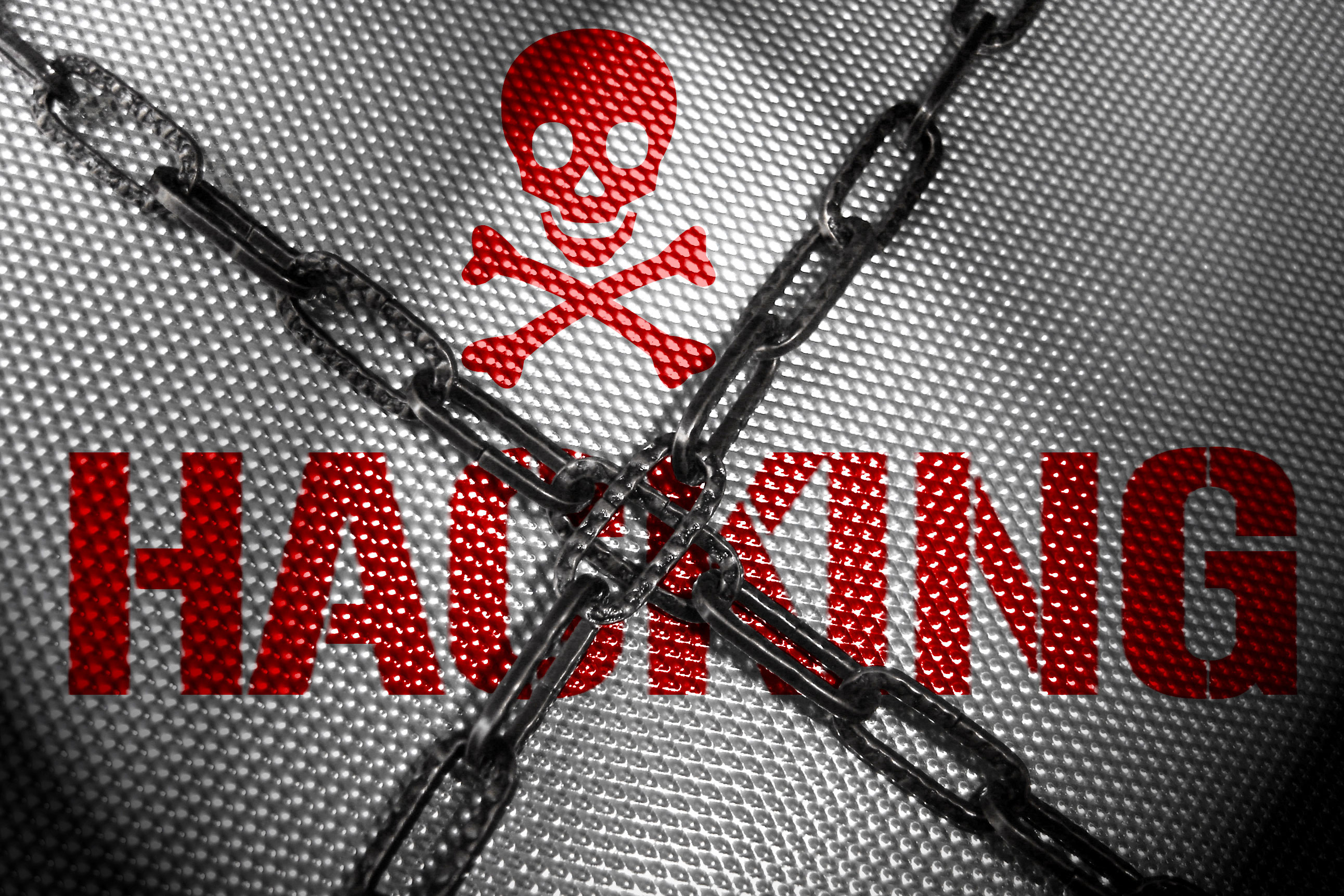Anonymous linked to attack on US central bank
Hacking group thought to be behind attack that led to the exposure of personal information belonging to 4,000 banking executives.


The US Federal Reserve has fallen victim to hackers who managed to breach the central bank's internal websites, although no critical functions are known to have been affected.
The admission, which raises questions about cyber security at the Fed, follows a claim that hackers linked to the activist group Anonymous had struck the Fed on Sunday, accessing personal information of more than 4,000 US bank executives, which it published online.
"The Federal Reserve system is aware that information was obtained by exploiting a temporary vulnerability in a website vendor product," a Fed spokeswoman said.
Despite claims to the contrary, passwords were not compromised.
"Exposure was fixed shortly after discovery and is no longer an issue. This incident did not affect critical operations of the Federal Reserve system," the spokeswoman said, adding that all individuals effected by the breach had been contacted.
Anonymous appeared to have published information allegedly containing the login information, credentials, internet protocol addresses and contact information of more than 4,000 US bankers on Sunday night.
The claim was made via Twitter over an account registered to OpLastResort, which is linked to Anonymous.
Get the ITPro daily newsletter
Sign up today and you will receive a free copy of our Future Focus 2025 report - the leading guidance on AI, cybersecurity and other IT challenges as per 700+ senior executives
OpLastResort is a campaign that some hackers linked to Anonymous have started to protest government prosecution of computer prodigy Aaron Swartz, who committed suicide on January 11.
The Fed declined to identify which website had been hacked. But information that it provided to bankers indicated that the site, which was not public, was a contact database for banks to use during a natural disaster.
A copy of the message sent by the Fed to members of its Emergency Communication System (ECS), which was obtained by Reuters, warned that mailing address, business phone, mobile phone, business email, and fax numbers had been published.
"Some registrants also included optional information consisting of home phone and personal email. Despite claims to the contrary, passwords were not compromised," the Fed said.
The central bank separately confirmed the authenticity of the message to ECS members.
The website's purpose is to allow bank executives to update the Fed if their operations have been flooded or otherwise damaged in a storm or other disaster. That helps the Fed to assess the overall impact of the event on the banking system.
Hackers identifying themselves as Anonymous infiltrated the US Sentencing Commission website late last month to protest the government's treatment of the Swartz case.
Swartz was charged with using the Massachusetts Institute of Technology's computer networks to steal more than 4 million articles from JSTOR, an online archive and journal distribution service. He faced a maximum sentence of 31 years if convicted.
Cyber-security specialists said that any organization's computer systems could be breached, and that it was up to an organization like the Fed to prioritize its security needs, in order to protect its most sensitive information from attack.
"Every system is going to have some vulnerability to it. You cannot set up a system that will survive all possible attacks," said Mark Rasch, director of Privacy and security consulting at CSC and a former federal cyber crimes prosecutor.
"You have to defend against every possible vulnerability and the attackers only have to find one way in," he said.
-
 Bigger salaries, more burnout: Is the CISO role in crisis?
Bigger salaries, more burnout: Is the CISO role in crisis?In-depth CISOs are more stressed than ever before – but why is this and what can be done?
By Kate O'Flaherty Published
-
 Cheap cyber crime kits can be bought on the dark web for less than $25
Cheap cyber crime kits can be bought on the dark web for less than $25News Research from NordVPN shows phishing kits are now widely available on the dark web and via messaging apps like Telegram, and are often selling for less than $25.
By Emma Woollacott Published
-
 Anonymous hijacks Russian broadcasts with footage of Ukraine war
Anonymous hijacks Russian broadcasts with footage of Ukraine warNews The hacking group said it managed to manipulate the broadcasts of three major Russian state-backed media organisations
By Connor Jones Published
-
 Anonymous hackers flood ISIS Twitter accounts with gay porn after Orlando shooting
Anonymous hackers flood ISIS Twitter accounts with gay porn after Orlando shootingNews Hacktivists hijack pro-ISIS Twitter accounts in retaliation for Orlando massacre
By Adam Shepherd Published
-
 Anonymous takes down Nissan in dolphin culling protest
Anonymous takes down Nissan in dolphin culling protestNews The hacker group launched a DDoS attack on the company's global and Japanese websites
By Clare Hopping Published
-
 Anonymous vs ISIS: Hackers claim ISIS twitter accounts linked to DWP IP addresses
Anonymous vs ISIS: Hackers claim ISIS twitter accounts linked to DWP IP addressesNews Hacking group find link between unused UK government IP address and ISIS twitter accounts
By Adam Shepherd Published
-
 Anonymous hacks ISIS-affiliated Facebook & Twitter accounts
Anonymous hacks ISIS-affiliated Facebook & Twitter accountsNews Hacking collective declares open season on social media accounts linked to Islamic extremists
By Caroline Donnelly Published
-
 Anonymous attacks Islamic extremist website over Charlie Hebdo attack
Anonymous attacks Islamic extremist website over Charlie Hebdo attackNews The hackers took down website ansar-alhaqq.net as part of #OpCharlieHebdo
By Clare Hopping Published
-
 Majority of hidden Tor site requests lead to child abuse images
Majority of hidden Tor site requests lead to child abuse imagesNews A study has uncovered 75 per cent of hidden site traffic points to images of child sexual abuse
By Clare Hopping Published
-
 Anonymous targets Ku Klux Klan Twitter account
Anonymous targets Ku Klux Klan Twitter accountNews Hacking collective brand white supremacists "terrorists"
By Rene Millman Published